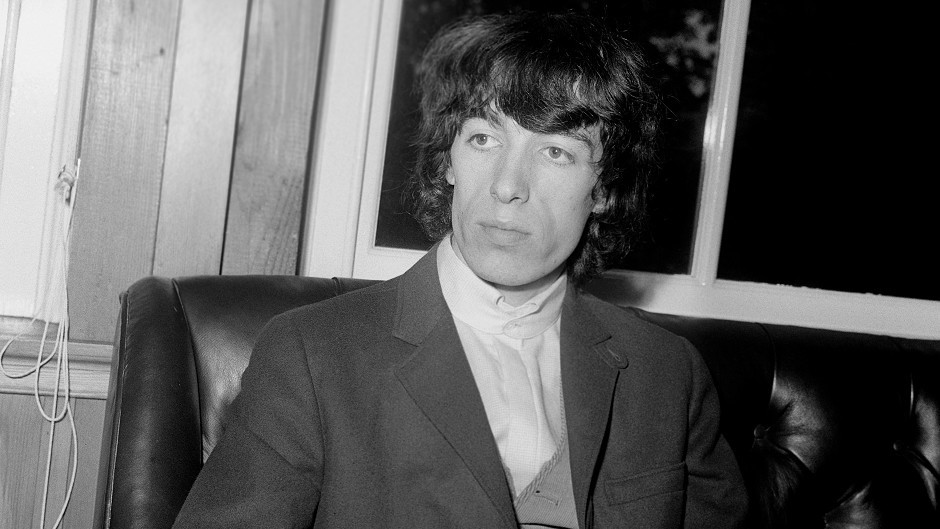One winter night, aged about 15, I waited at the bus stop opposite my house, en route to ballet class.
A man began talking. Where was I going? What time did I finish? Eyes down, I answered monosyllabically. I didn’t know how NOT to answer.
Fear drove me home before the bus arrived. My father was angry. Why had I answered this man? I loved my father dearly, but resentment surged. Why was this my fault, not the man’s? Why was I being criticised for being what girls are taught to be: polite? I said nothing, suppressed my hurt, and hid in my room.
This story’s relevance will emerge while discussing American philosophy professor, Stephen Kershnar, who has begun legal action against the State University of New York. Kershnar was banned from campus after making a controversial podcast, questioning whether it’s wrong for an adult man to have sex with a “willing” 12 year old.
“Imagine,” he said, “that an adult male wants to have sex with a 12-year-old girl. Imagine that she’s a willing participant. A very standard, very widely-held view is there’s something deeply wrong about this. And it’s wrong independent of it being criminalised. It’s not obvious to me that it is, in fact, wrong. I think this is a mistake.”
Philosophers use Socratic methods – acquiring knowledge through rigorous questioning – to examine all kinds of academic conundrums. Do we actually exist? Is that chair really a chair? Important stuff, obviously, and nice work if you can get it.
But there comes a point when the peacock philosopher, ostentatiously dealing in abstracts rather than real human lives, is just a danger. Kershnar has crossed that line.
Kershnar’s comments are about child abuse, not free speech
There is a distinction here. Academic rigour is – sadly – under attack. We have become frightened of ideas that do not conform to current societal orthodoxy, as Scots-born philosophy professor, Kathleen Stock, discovered.
Stock, a gender critical feminist, fell victim to cancel culture, despite being very clear that she supported trans rights, because she had the temerity to question current definitions of gender.
Let’s be clear: Kershnar is not in the same boat. His comments are not about free speech, but about child abuse; not about sex but about sickness.
If you cannot see why it is wrong for an adult male to have sex with a pubescent girl, you are not an academic but an idiot. Kershnar uses the word “willing”, but no 12-year-old can give consent to sex.
It’s part of growing up to believe you are more mature than you are. Only when you ARE mature do you realise you know nothing. And, as I learned at that bus stop, power imbalances – age, gender, socioeconomic status – can prompt answers, but not necessarily willing ones. The power imbalance between adults and children makes sex between them grotesquely inappropriate.
A child cannot be a ‘temptress’
Behind Kershnar’s comments lie important issues – just not the ones he considers. An adult woman once told me about attending a church committee to discuss her childhood abuse. Her abuser was referred to as “poor Father X”. She was portrayed as a temptress.
“But I was in long socks and pigtails,” she protested. “Oh, come off it,” a priest replied. As an 11-year-old child, the woman had harboured fairy-tale notions of love and romance. She thought she was special. She was being used.
Viewing a child as a temptress is abhorrent. How, for example, did Rolling Stone, Bill Wyman, escape jail for his relationship with Mandy Smith? Smith was 13 when they met; 14 when they had sex. Wyman was 47.
“She took my breath away. She was a woman at 13,” he wrote afterwards. No, she wasn’t. She was an adolescent girl.
By the time they married, Smith was plagued with health problems and weighed just 36kg. In 2010, and now working with troubled teenagers, she said the age of consent should be raised to 18. Sex does not just have physical repercussions but psychological, emotional and spiritual ones.
Sex and teeth-cleaning are not comparable
As a journalist, I have seen lives destroyed – male as well as female – by sexual abuse. I’ve met men in their 60s and 70s whose entire lives were blighted as teenagers, who stutteringly described confusion about their sexual identity and subsequent difficulties with intimacy. The ethics of this are not just about consent but about consequences.
Absurdly, Kershnar and his supporters argue that adults make children do lots of things they don’t want to, like clean their teeth. You’ve left planet earth if you think the effects of sex and teeth-cleaning are comparable.
What if it were their 12-year-old daughter or sister being groomed by a rich, powerful, adult man? Would they willingly hand her over for sex?
Free speech activists have defended Kershnar, as if this is purely an intellectual human rights issue. Middle-aged, male professors can put ethical considerations into their philosophical pipes and pontificate while they smoke them if they want, but what if it were their 12-year-old daughter or sister being groomed by a rich, powerful, adult man? Would they willingly hand her over for sex?
Academic inquiry is certainly important. But let’s not allow it to be a smokescreen for perversion.
Catherine Deveney is an award-winning investigative journalist, novelist and television presenter

